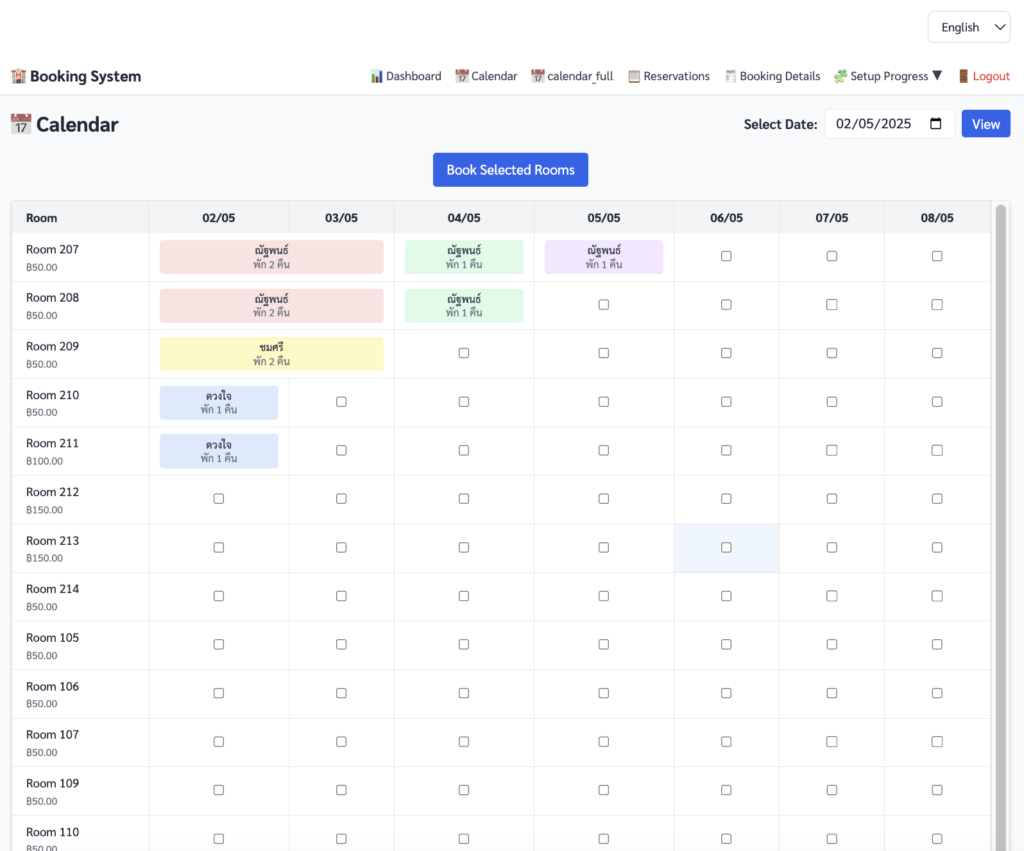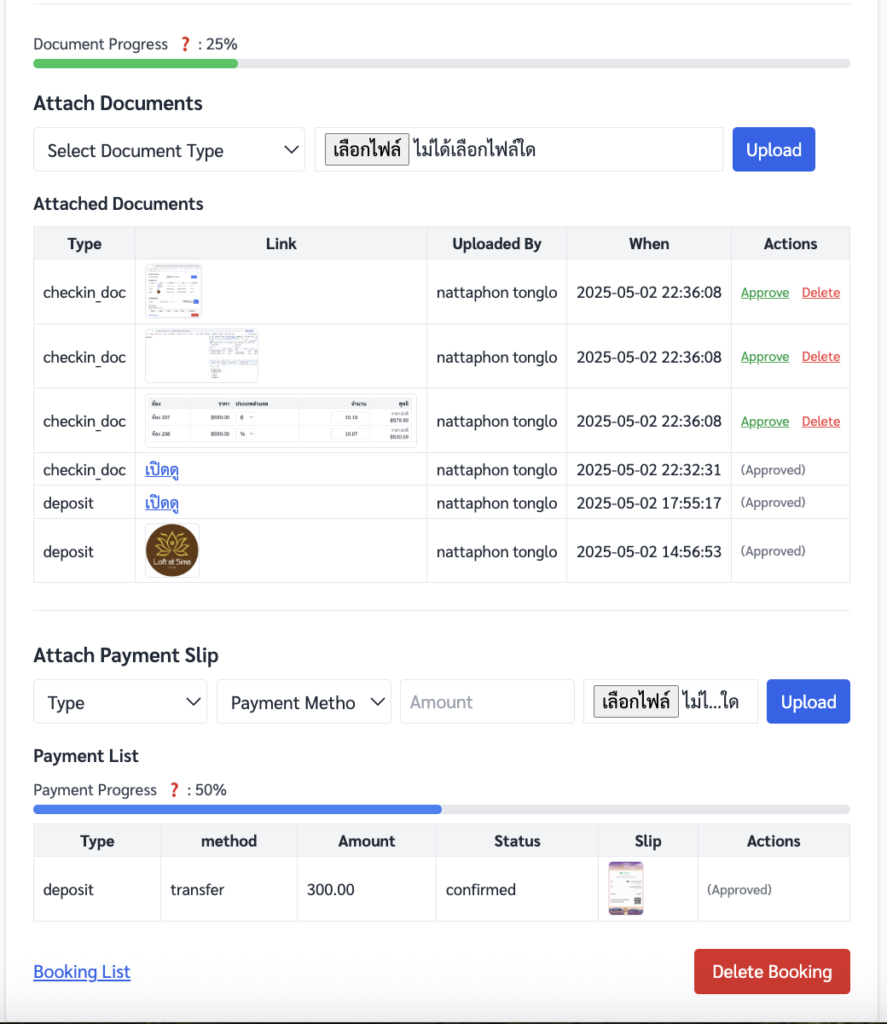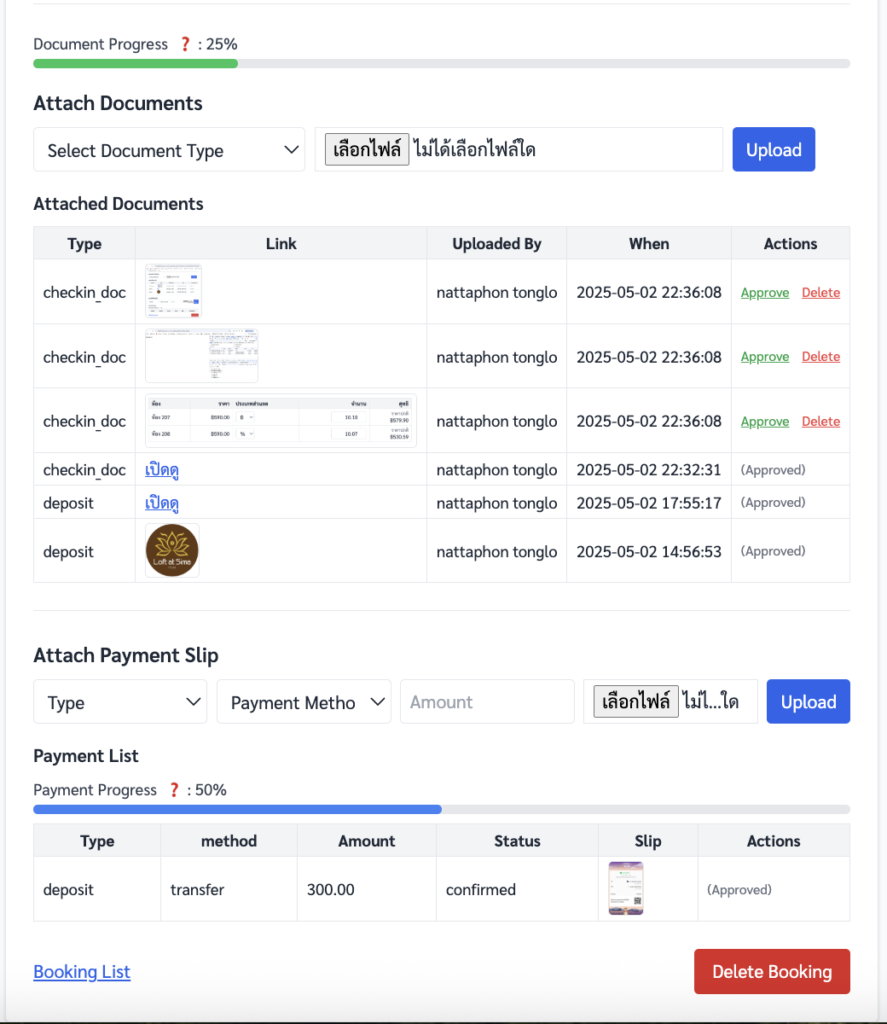Introduction
In the digital age, the hospitality industry has undergone significant transformations, with technology playing a pivotal role in streamlining operations and enhancing guest experiences. One of the most critical technological advancements is the hotel booking system, which facilitates online reservations, improves operational efficiency, and boosts revenue.
This comprehensive guide delves into the intricacies of hotel booking systems, exploring their benefits, features, integration capabilities, and the latest trends shaping the future of online hotel reservations.

What is a Hotel Booking System?
A hotel booking system, also known as a hotel reservation system or hotel booking engine, is software that enables hotels to manage room reservations and accept bookings directly through their website or other online channels. It allows guests to check room availability, view prices, and make reservations in real-time, providing a seamless booking experience.
Benefits of Implementing a Hotel Booking System
1. Increased Direct Bookings
By integrating a hotel booking engine into your website, you can encourage guests to book directly, reducing reliance on third-party online travel agencies (OTAs) and saving on commission fees.
2. Enhanced Operational Efficiency
Automating the reservation process minimizes manual errors, streamlines check-in/check-out procedures, and allows staff to focus on delivering exceptional guest services.
3. Real-Time Updates
A real-time hotel booking system ensures that room availability and pricing are always up-to-date, preventing overbooking and enhancing guest satisfaction.
4. Improved Guest Experience
Offering a user-friendly online hotel reservation system provides guests with the convenience of booking rooms anytime, anywhere, using any device.
5. Data Collection and Analysis
A robust hotel booking software collects valuable guest data, enabling personalized marketing strategies and informed decision-making.

Key Features of an Effective Hotel Booking System
1. User-Friendly Interface
An intuitive and responsive design ensures that guests can easily navigate the booking process, enhancing user experience and increasing conversion rates.
2. Mobile Compatibility
With the rise of mobile bookings, a mobile-friendly hotel booking system is essential to cater to guests who prefer making reservations via smartphones or tablets.
3. Multi-Language and Multi-Currency Support
Accommodating international guests by offering multiple languages and currencies can expand your market reach and improve global competitiveness.
4. Secure Payment Gateway Integration
Integrating a secure payment system allows guests to make online payments confidently, ensuring data protection and compliance with security standards.
5. Channel Management
A hotel booking system with channel management capabilities synchronizes availability and rates across various platforms, including OTAs and the hotel’s website, maintaining consistency and preventing double bookings.
6. Customizable Booking Rules
Setting specific booking rules, such as minimum stay requirements or special rates for certain periods, provides flexibility in managing reservations.
7. Reporting and Analytics
Access to detailed reports and analytics helps in monitoring performance, understanding booking trends, and making data-driven decisions to optimize revenue.

Integration with Other Hotel Management Systems
A comprehensive hotel booking system should seamlessly integrate with other hotel management tools to ensure smooth operations:
1. Property Management System (PMS)
Integration with a PMS allows for real-time updates on room status, guest information, and housekeeping schedules, enhancing operational efficiency.
2. Customer Relationship Management (CRM)
Connecting with a CRM system enables personalized communication with guests, loyalty program management, and targeted marketing campaigns.
3. Revenue Management System (RMS)
An RMS integration assists in dynamic pricing strategies, optimizing room rates based on demand, competition, and market trends.
4. Point of Sale (POS) System
Integrating with a POS system streamlines billing processes for additional services like dining, spa treatments, or room service, consolidating charges into a single invoice.
Choosing the Right Hotel Booking System
When selecting a hotel booking software, consider the following factors:
1. Scalability
Ensure the system can accommodate your property’s growth, whether you’re managing a small boutique hotel or a large resort.
2. Customization
Look for software that allows customization to match your brand identity and specific operational needs.
3. Customer Support
Reliable customer support is crucial for addressing technical issues promptly and minimizing downtime.
4. Cost
Evaluate the pricing structure, including setup fees, monthly subscriptions, and transaction charges, to ensure it aligns with your budget.
5. User Reviews and Testimonials
Research user feedback to gauge the system’s reliability, performance, and overall satisfaction among other hoteliers.
SEO Strategies for Hotel Booking Systems
Implementing effective SEO strategies can enhance the visibility of your hotel booking system online, attracting more potential guests:
1. Keyword Optimization
Incorporate relevant keywords such as “online hotel reservation system,” “hotel booking engine,” and “hotel booking software” throughout your website content, meta descriptions, and headings.
2. Content Marketing
Create informative blog posts, guides, and articles related to travel tips, local attractions, and hotel amenities to engage visitors and improve search engine rankings.
3. Local SEO
Optimize your website for local search by including your hotel’s location in keywords, registering with Google My Business, and encouraging guest reviews.
4. Mobile Optimization
Ensure your website and booking system are mobile-friendly, as search engines prioritize mobile-optimized sites in their rankings.
5. Link Building
Acquire backlinks from reputable travel websites, blogs, and directories to boost your website’s authority and search engine visibility.
Emerging Trends in Hotel Booking Systems
1. Artificial Intelligence (AI) and Chatbots
AI-powered chatbots provide instant responses to guest inquiries, assist in bookings, and enhance customer service efficiency.
2. Voice Search Optimization
With the increasing use of voice assistants, optimizing your website for voice search can capture a broader audience.
3. Blockchain Technology
Blockchain offers secure and transparent transactions, reducing fraud and building trust with guests during the booking process.
4. Virtual Reality (VR) Tours
Providing VR tours of your hotel allows potential guests to explore rooms and facilities virtually, influencing their booking decisions.
5. Sustainable Practices
Highlighting eco-friendly initiatives and sustainable practices can attract environmentally conscious travelers.
Conclusion
Implementing a robust hotel booking system is essential for modern hoteliers aiming to enhance guest experiences, streamline operations, and increase revenue. By understanding the benefits, features, and integration capabilities, and staying abreast of emerging trends, you can select the right hotel booking software that aligns with your property’s needs and goals.
Investing in a comprehensive online hotel reservation system not only improves operational efficiency but also positions your hotel competitively in the ever-evolving hospitality industry.
